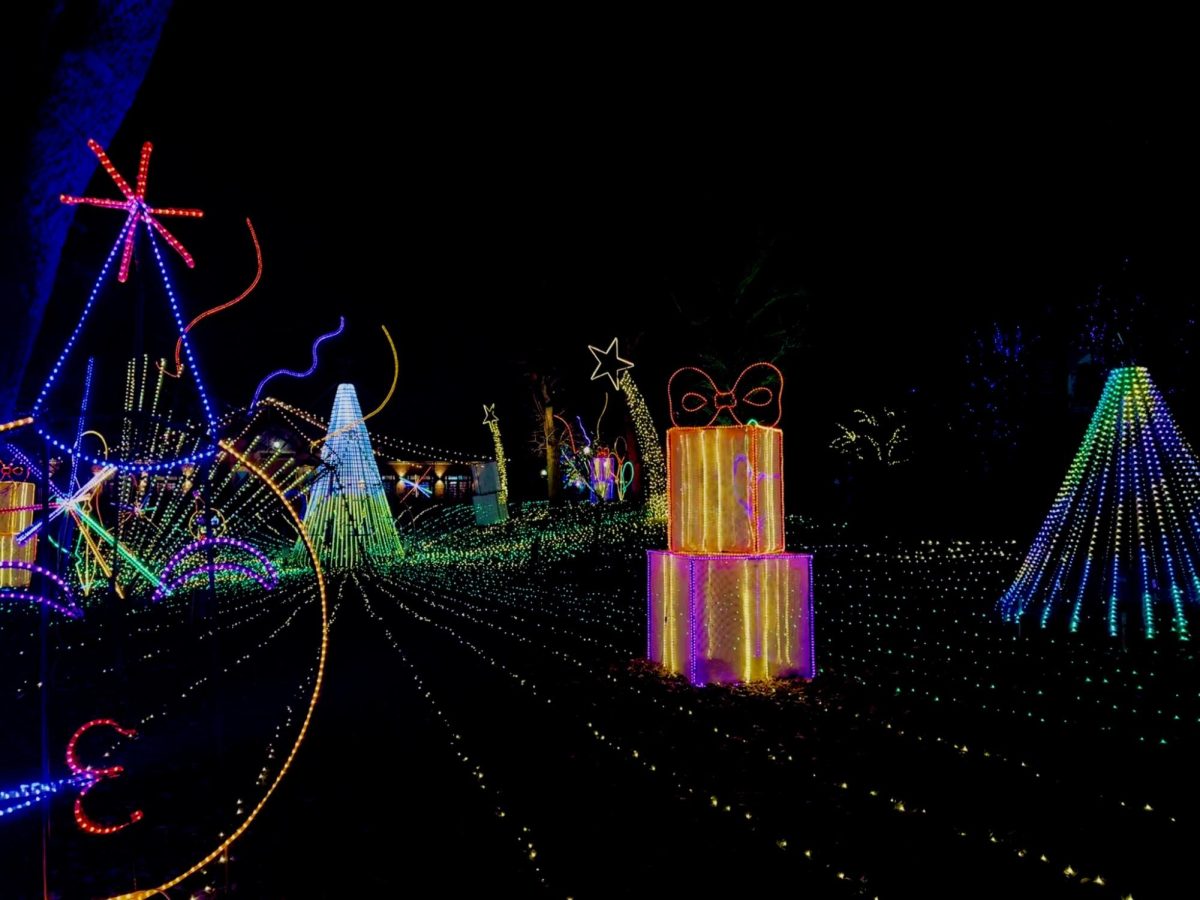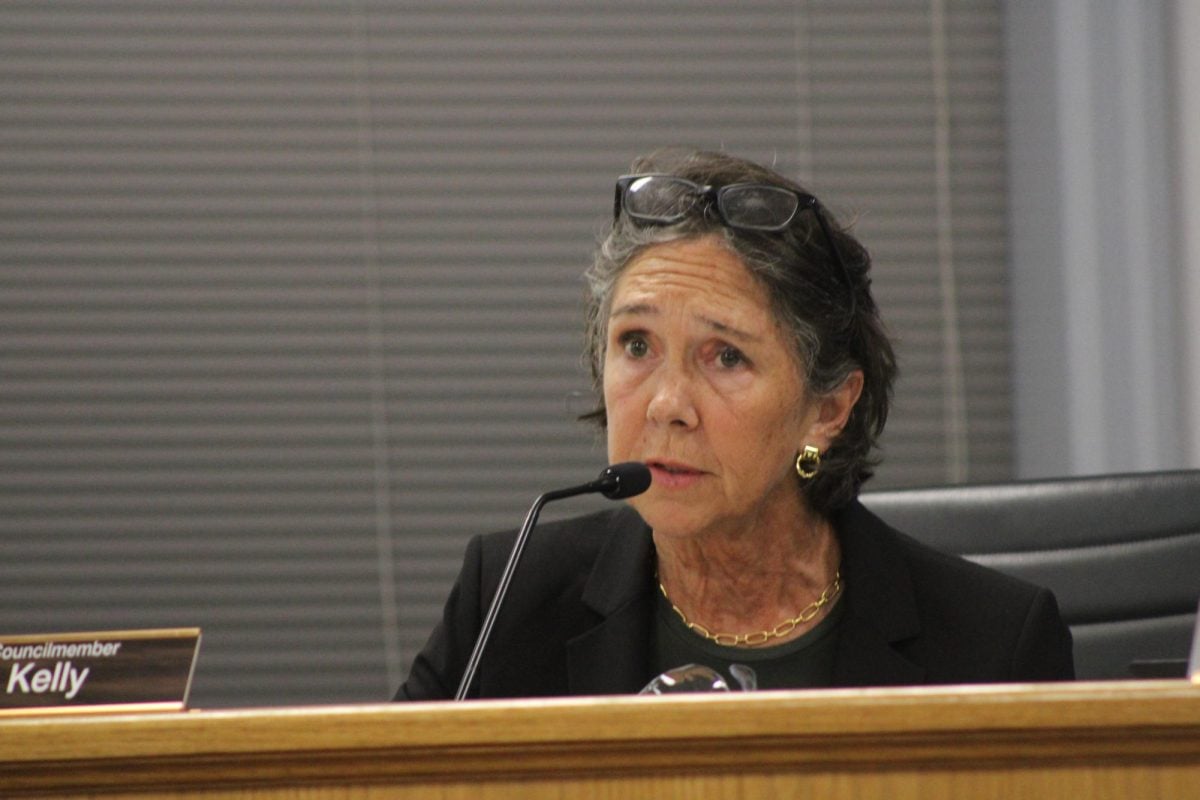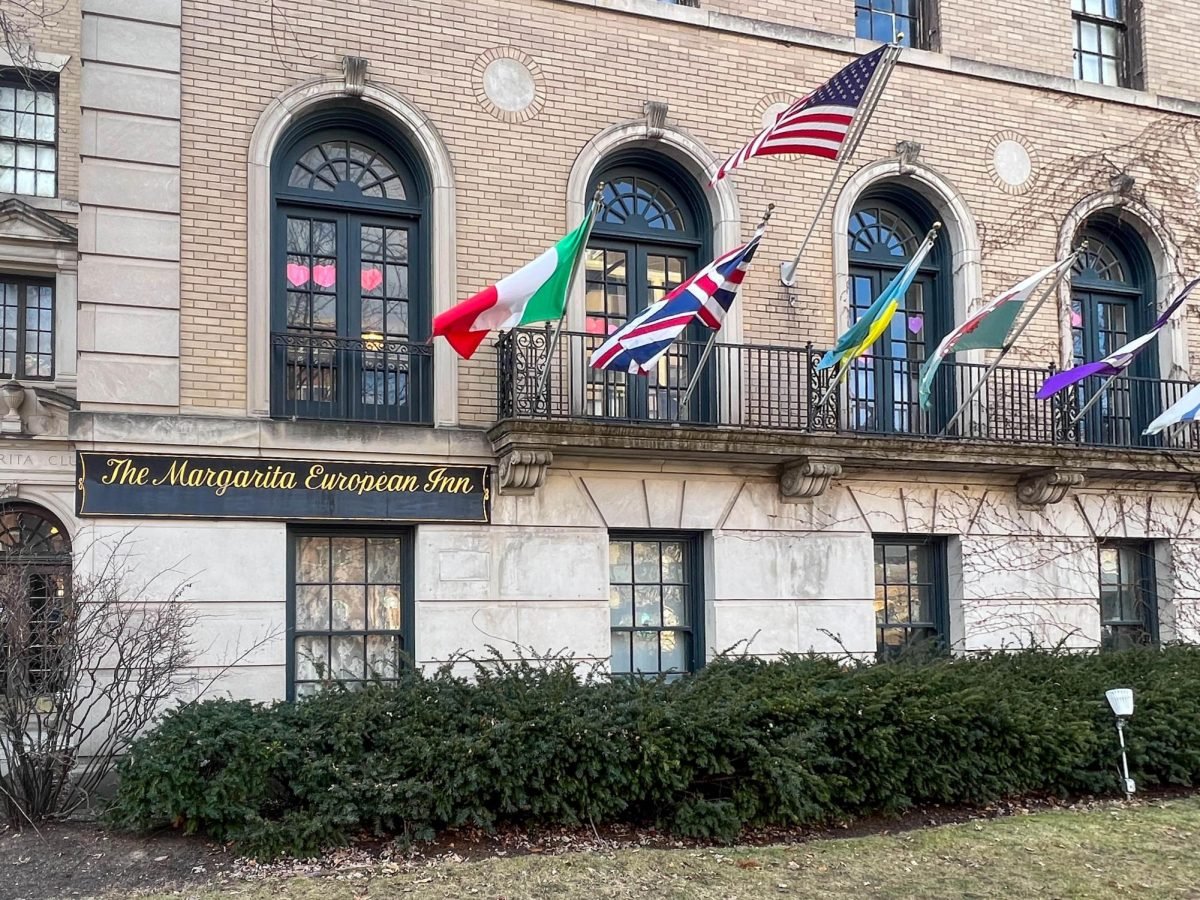The Commission on Chicago Landmarks will debate today whether to recommend landmark standing for the old Prentice Women’s Hospital, which has divided Northwestern and local preservationists for several decades.
The commission’s staff will recommend landmarking Prentice, an opinion based on a list of eight preliminary criteria, according to the Chicago Tribune. However, the follow-up report from the Chicago Department of Housing and Economic Development, which carries more weight with the panel, will recommend against landmarking the old hospital site.
If Prentice is not landmarked, NU would have the go-ahead to demolish it and proceed with plans to build a new biomedical research center on the site. The University’s proposal expects that creation of the new facility will create jobs and attract top researchers as well as large federal grants. If Prentice is landmarked, NU would not be able to modify – much less demolish – it despite owning it.
The procedure landmark commissioners are bound by city ordinance to follow includes assessing reports by commission staff and the Department of Housing and Economic Development, as well as holding a public hearing. The commission will make a preliminary recommendation for or against landmarking Prentice after taking into account eight criteria for evaluating the building’s architectural merit. Only after hearing public comment and being briefed about the economic implications of landmarking Prentice will the commission make a final recommendation to the Chicago City Council. The council will have the final say whether to designate landmark status.
Less than 20 hours before the Commission on Chicago Landmarks meeting, preservationist group Save Prentice Coalition announced that it will hold a press conference this morning to address its concerns about the landmarks commission’s procedure.
In a news release, the coalition claimed that the commission process is “subverted to deny Prentice landmark status,” and the meeting’s result is “predetermined.” Christina Morris of the National Trust for Historic Preservation said the purpose of the Save Prentice Coalition meeting will be to talk about how preservationists view the structure of the landmarks commission meeting.
“I don’t feel like we were misinformed about the process,” Morris told The Daily on Wednesday. “We just have questions about the process that’s been selected, the process they have chosen to use for tomorrow.”
Morris said the landmarks commission chooses from a “selection” of procedures for assessing buildings on its agenda, but Peter Strazzabosco, spokesman for the Department of Housing and Economic Development, rebuffed the notion.
He confirmed that the landmark commission procedure, as determined by Chicago’s landmark ordinance, is always the same and does not deviate on a case-by-case basis.
“I don’t know why they feel they’re being disadvantaged,” Strazzabosco said, adding that both preservationists and NU will have an equal chance to present their cases before the nine-member panel tonight.












